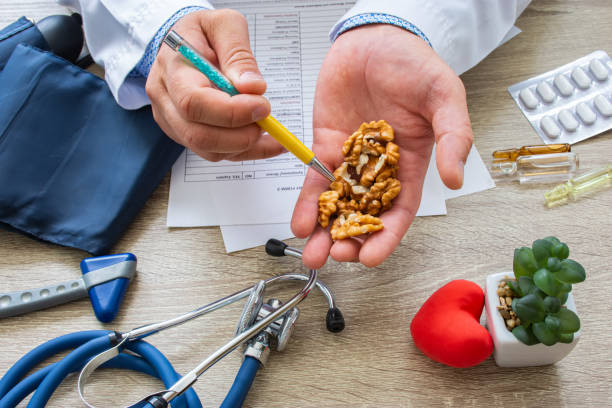Heart disease is the number one killer of both men and women. It claims more lives than any other form of cancer. Heart disease can have a devastating effect on your quality of life, mood, and outlook, as well as affect your emotional state. Although weight control and regular exercise are essential for maintaining a healthy heart, what you eat is equally important. A heart-healthy lifestyle can reduce your risk of stroke and heart disease by as much as 80%.
You cannot be miraculously healthy by eating one food. Your overall diet is more important than any specific food. A heart-healthy diet focuses on “real” natural foods, such as fresh from the ocean, ground, or farm.
These heart-healthy tips will help you manage your heart conditions and reduce your chance of suffering a heart attack.
Be wise about fats
Replace unhealthy fats with healthy if you’re concerned about your heart health. The following are some of the best changes you can make in your diet:
Avoid artificial trans fats. Artificial trans fats can raise your risk of heart attack and stroke. Many countries have banned artificial trans-fats from commercially prepared foods. However, it is worth looking at labels to make sure you avoid anything with “partially hydrogenated” oil in the ingredients.
Avoid saturated fats. They are most commonly found in red meat, tropical oils, and dairy products. You should limit them to 10% of your daily calories. You can enjoy dairy in moderation, but you should also diversify your protein sources by choosing fish, eggs, chicken skinless, and other vegetarian sources.
Consume more healthy fats. Increasing your intake of monounsaturated and polyunsaturated fats can lower your blood cholesterol and reduce your risk of developing heart disease. Omega 3 fatty acids should be consumed daily from fish like salmon, trout, and herring or flaxseeds, kale, or spinach. Olive oil, nuts, and peanut butter are all excellent sources of healthy fats.
Do not replace fat with sugar, refined carbs, or other sweeteners.
It is essential to replace unhealthy fats with healthier alternatives when cutting down on heart-risky foods. For example, replacing processed meats with chicken or fish can positively impact your health. However, switching to refined carbs from animal fats–such as replacing your breakfast bacon with a donut or sugary cereal- will not reduce your risk of developing cardiovascular disease.
The body doesn’t require any extra sugar. It gets enough sugar from food. Refined carbs and sugary foods can add up to empty calories that are just as bad for your health as your waistline.
Opt for whole grains, such as whole wheat bread or multigrain bread, brown rice, and barley, as well as non-starchy vegetables like oatmeal and bran cereal.







